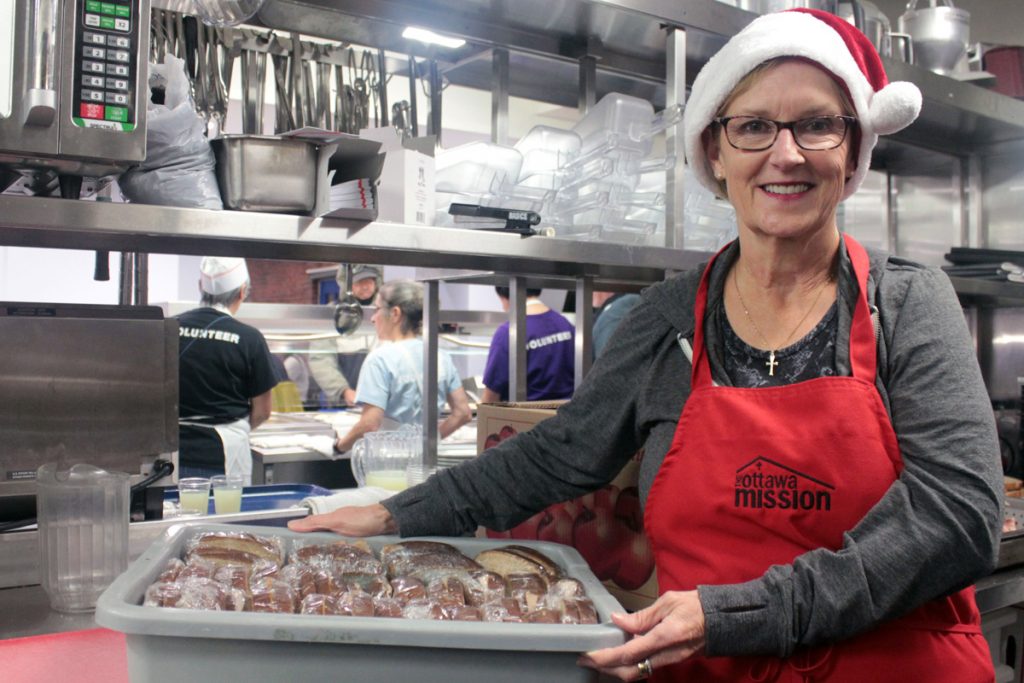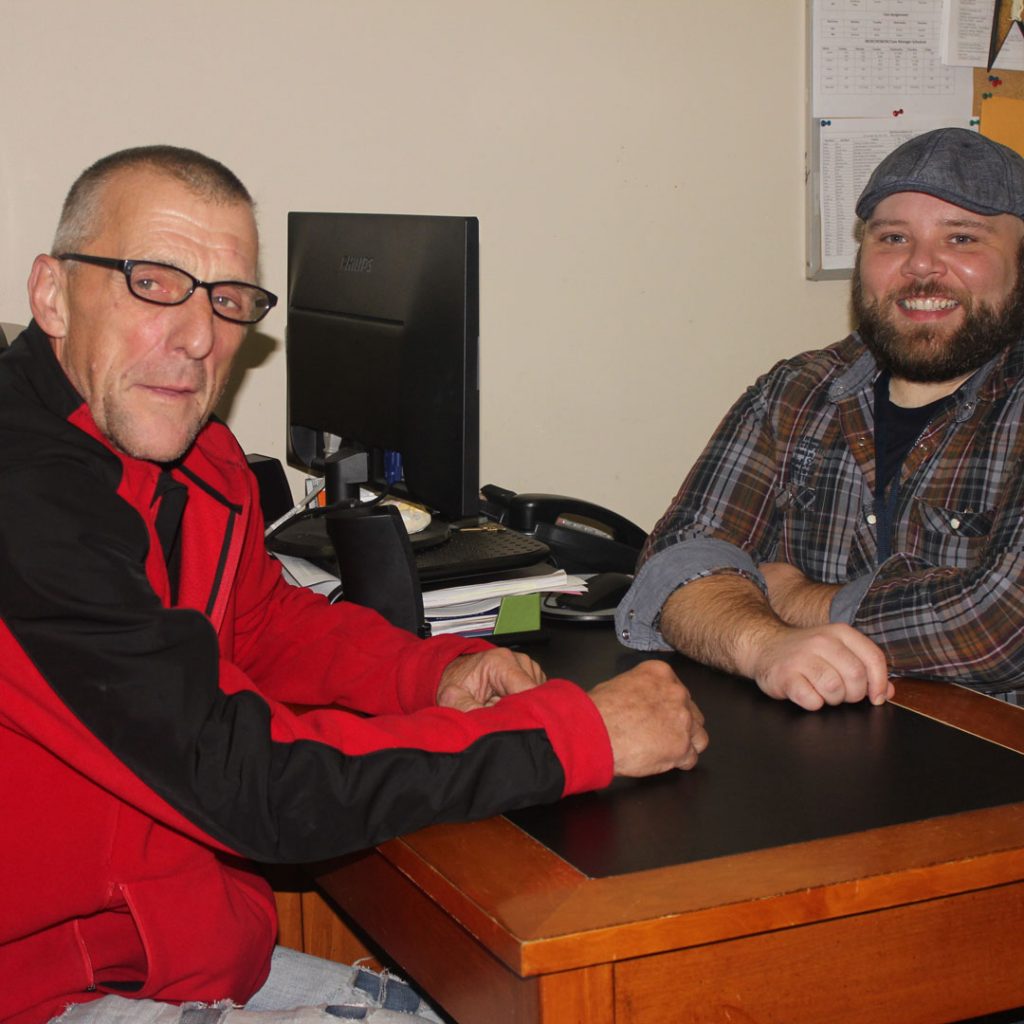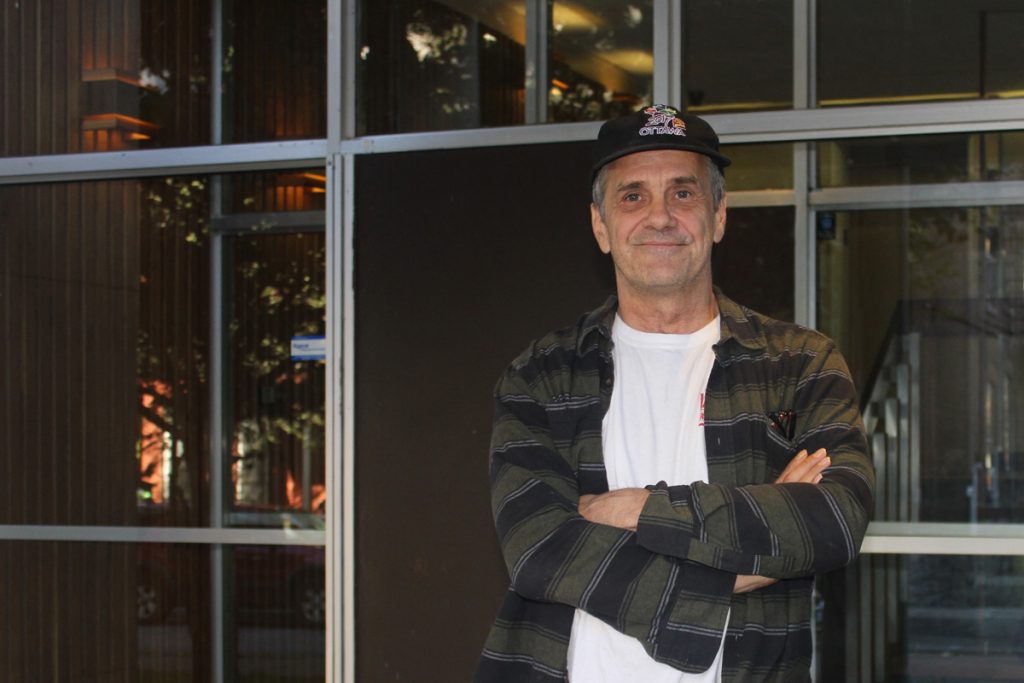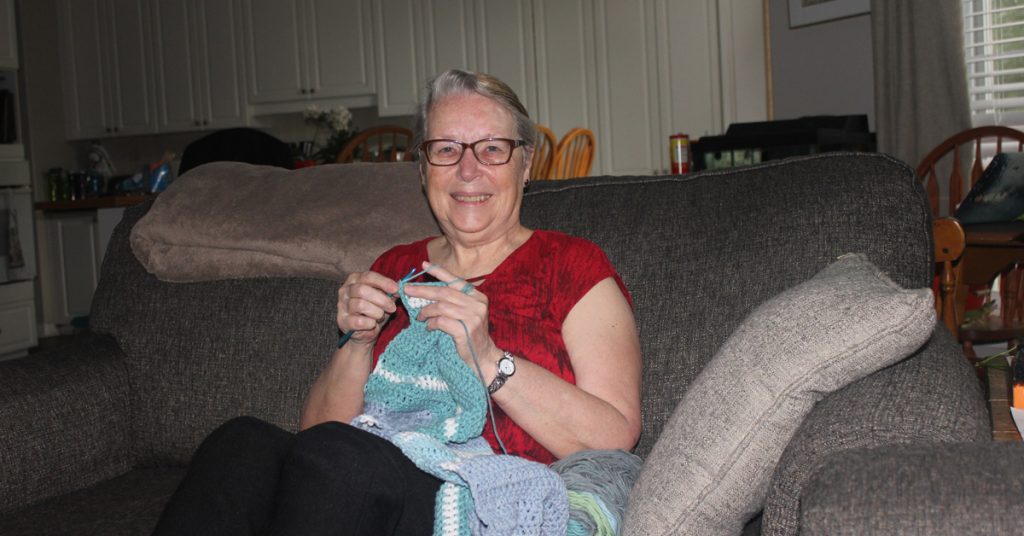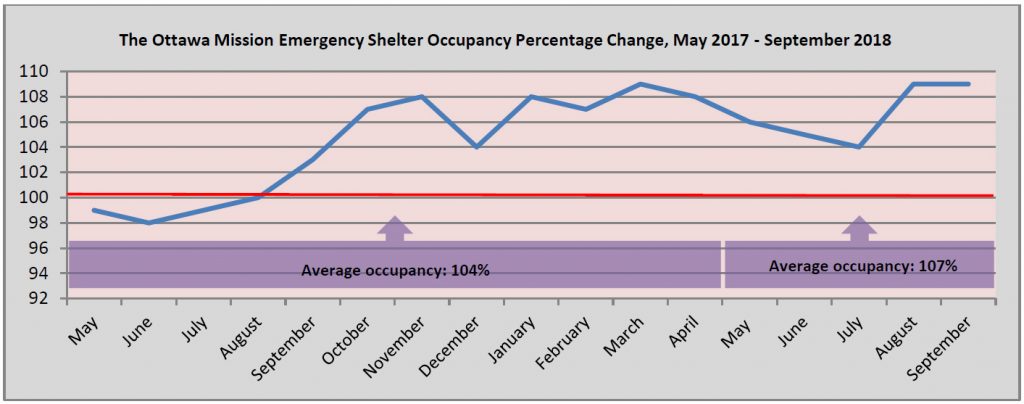On National Housing Day, Governments Must Do Better to Support Ottawa’s Homeless Population
The Ottawa Mission Releases 2017-2018 Impact Report
Will there come a time when programs have to be cut?
OTTAWA, ON – Despite continuing to meet the complex needs of increasing numbers of those who are homeless or at risk of homelessness in Ottawa, public funding to support these efforts has not kept pace with these needs, according to The Ottawa Mission. The organization released its first impact report today, which outlines how the Mission’s programs and services support clients in rebuilding their lives.
Deputy Mayor and Special Liaison for Homelessness Councillor Mark Taylor moderated the event. “Despite efforts by governments, this is not enough: homelessness has gotten worse, not better. Since 2014, emergency shelter use, length of stay, and chronic homelessness has increased by 16%, 12% and 21% respectively,” he noted.
While homelessness and related service costs have both increased, funding from the City of Ottawa has not, observed Ottawa Mission Executive Director Peter Tilley. In fact, shelter costs are considerably more than the current per diem rate.
“While our municipal funding has increased by about 7% over five years due to a increasing case load, funding from our Foundation has increased by 47%. The City has rightly noted the burden on municipalities for offloaded provincial services; it is the same for charities facing frozen funding. We invest through our Foundation to enhance our programs, improve our outcomes, and demonstrate value for money, but increasingly these funds are used to fund emergency shelter costs. Let us hope we don’t see a time when we have to cut programs” asked Tilley.
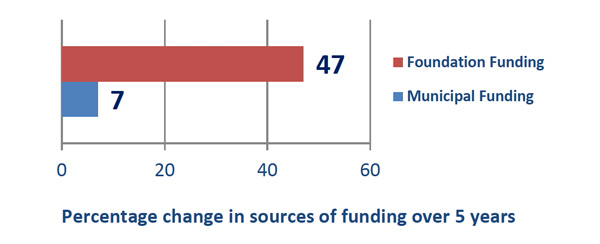
Tilley outlined the impacts of Mission programs to help clients rebuild their lives, including:
- 7,600 patient visits to our primary care clinic operated in partnership with our colleagues at Ottawa Inner City Health. This means fewer visits to emergency rooms, clinics, and the Royal Ottawa Hospital. The clinic has operated since 2007 and serves not only our residents, but also others who are homeless and at risk of homelessness.
- Cared for 53 patients within our hospice, also operated in partnership with Ottawa Inner City Health and other agencies. 30 clients passed away there last year.
- 622 patient visits to our dental clinic, accounting for 1892 volunteer hours from over 100 volunteers.
- 99 clients graduated from our addiction and trauma programs. Trauma is often at the root of addiction, and dealing with it is key to recovery and a better life.
- 134 clients graduated from our education and job training programs.
- Working with City-funded case managers, housed 230 clients through housing first and other methods.
Marc Gallant, Manager of Client Services for the Mission, noted the importance of The Mission’s partnership with the City of Ottawa to deliver housing services, including its support of staff who work within the shelter with clients directly. “Through this partnership, not only were 230 clients housed, but also 171 households were diverted from the shelter to alternate accommodation.”
Jordanna Marchand, Assistant Manager of Coordinator of Mental Health for The Mission, noted the burden that mental illness places on Ottawa’s homeless population. “Accordingly, the Mission strives to facilitate a hopeful and therapeutic environment in our shelter that instills in individuals the value, dignity, and motivation required to move out into the community.” Chef Ric Allen-Watson, Manager of The Mission’s Food Services Training Program, which trains students to work within commercial kitchens, noted the phenomenal success of this program to change lives. “This program builds self-esteem and confidence, which are fundamental to success in any career.” Since its inception in 2004, 90% of graduates have gone on to careers in food services. Last year, of the 20 graduates, 19 went on to careers in food services.
Wendy Muckle, Executive Director of Ottawa Inner City Health, which operates health services in partnership with the Mission within its building at 35 Waller Street, noted the much higher burden of disability, mental and physical health problems, addictions and even premature death. “Before The Ottawa Mission and Ottawa Inner City Health opened the primary care clinic here in 2007, those who were homeless often ended up in a hospital emergency room if they were sick and needed help. Our hospice here opened in 2001 and has expanded from 1 bed to 21 beds. Until this spring, it was the only hospice in North America for those who are homeless,” she pointed out.
Chad Bouthillier, a former client of The Mission, recounted how the intervention of The Mission changed his life and why he gives back to the Mission. “After years of suffering, The Mission showed me that there’s nothing wrong with me as a human being and they gave me the strength to commit to long term treatment and move on to a better life. The Mission treated me with dignity and respect. It was there for me when I needed it, and I want to be there for the Mission so that others can live receive the support they need to rebuild their lives,” Bouthillier noted.
“We urge the City to raise per diems to reflect the costs of providing homelessness services. We also urge all levels of government to accelerate new affordable housing, and supporting programs that address risk factors for homelessness,” Tilley concluded.
The Ottawa Mission Report (full report and summary report) is available here: https://ottawamission.com/impact/
About The Ottawa Mission
Since 1906, The Ottawa Mission has been serving the homeless, the hungry and the lost by providing food, clothing, shelter and hope. In 2017-2018, The Ottawa Mission sheltered an average of 236 men every night and served an average of 1,312 meals every day. The Ottawa Mission also provides health services, mental health supports programs, addiction treatment programs, hospice care, dental services, educational support, job training, spiritual care, and men’s clothing to thousands in need in our community.
FOR INFORMATION OR TO ARRANGE AN INTERVIEW, PLEASE CONTACT:
Aileen Leo
Director of Communications
T 613.234.1144 x 305
C 613.712.3092
aleo@ottawamission.com
